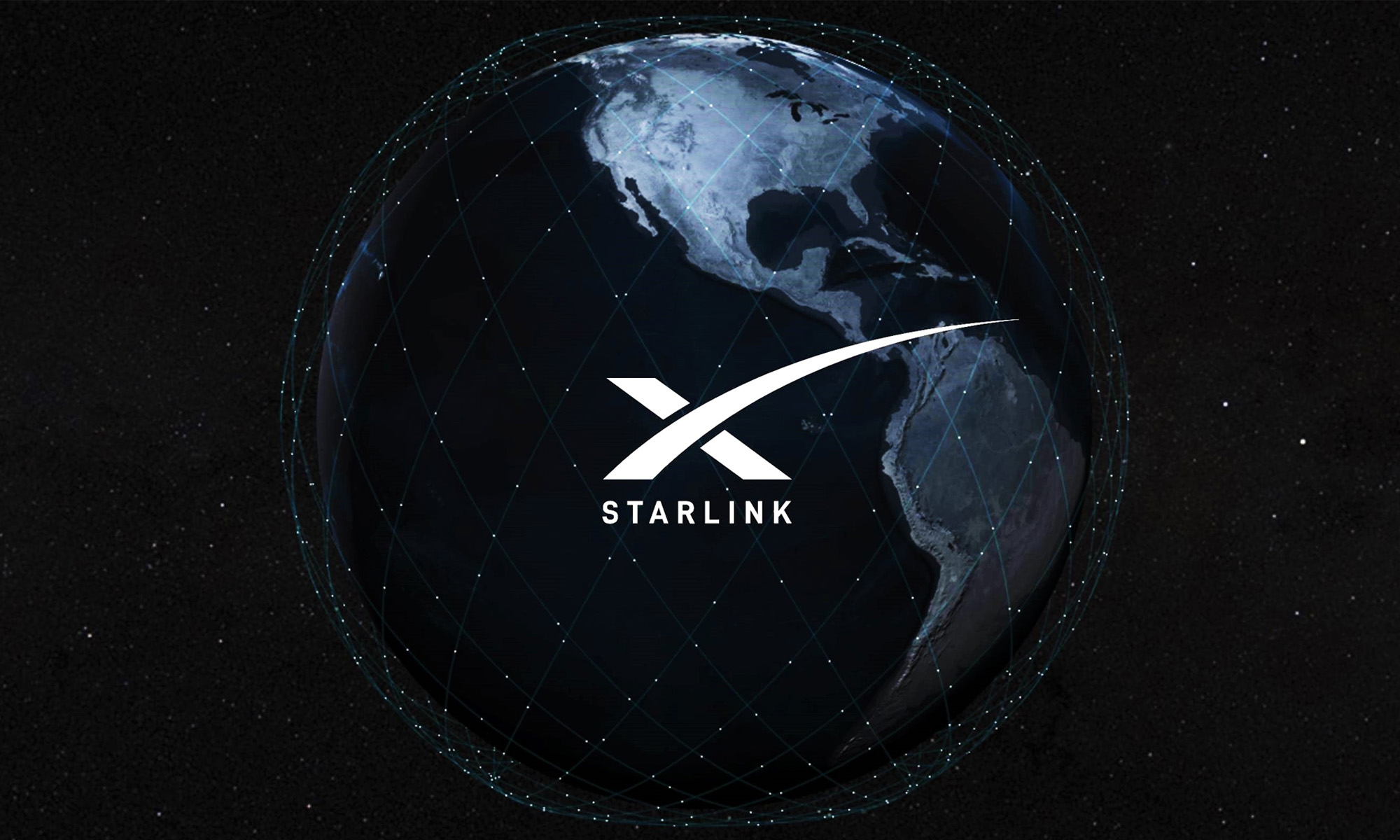News
Starlink To Launch In Lebanon As Soon As 2022

After launching its beta service to select customers across the United States and Canada, Elon Musk’s satellite internet constellation, Starlink, is set to launch in Lebanon as soon as 2022.
Last year, Lebanese computer science researcher Nadim Kobeissi asked Elon Musk on Twitter to position one of his satellites over Lebanon. His tweet quickly gained traction among other Lebanese Twitter users, many of which have to rely on slow and unreliable internet connections that are behind the rest of the world.
To everyone’s surprise, Musk replied, assuring Nadim that Starlink would provide global coverage. Well, it’s now clear that Musk was serious because pre-orders are already available with a fully refundable deposit of $99. The deposit will go toward the cost of the hardware kit ($499), the monthly service fee ($99 a month), and the shipping & handling fee (varies from region to region).
The fine print states that paying the deposit doesn’t guarantee availability. Instead, the deposit gives the payer’s order a higher priority in their region for ordering Starlink when it becomes available in the future.
Those who receive the Starlink kit can look forward to data speeds between 50 Mbps and 150 Mbps and latency from 20 ms to 40 ms, which is good enough for online gaming, high-definition streaming, and video conferencing. Both speed and latency are promised to keep improving as SpaceX, the company behind Starlink, launches more satellites and improves its software.
Already, around 1,000 Starlink satellites have been launched into orbit, but SpaceX has sought approval for tens of thousands more. Other private companies that are planning to launch satellite internet constellations include OneWeb, Amazon, Samsung, and Boeing.
Also Read: Instagram Music Is Finally Available In The Middle East
At the moment, satellite internet access is aimed mostly at people living in rural and hard-to-reach locations, where wired connectivity has typically been a challenge. As the technology improves and the number of satellites in orbit increases, it’s possible that it will become a viable alternative to broadband internet even in otherwise well-connected areas.
It still isn’t clear whether or not the Lebanese government will formally allow the use of Starlink within the country as Ogero, Lebanon’s state telecommunications operator, doesn’t allow the use of Internet services that don’t pass through their network. It will be interesting to see what their take is on the matter.
News
HiFuture Wraps Up Successful GITEX GLOBAL 2024 Appearance
The electronics company wowed audiences at the world’s largest tech event with a range of wearable and smart audio devices.

This year’s GITEX GLOBAL 2024 in Dubai saw a huge number of startups, electronics firms, and innovators from around the globe gather for the tech sector’s largest event of its kind. One company making waves at this year’s expo was Chinese tech group HiFuture, which showcased a range of products with a focus on wearable technology and smart audio.
At the HiFuture booth, the company captivated attendees with cutting-edge smartwatches like the ACTIVE and AURORA, along with a range of powerful wireless speakers, earbuds, and even smart rings. Visitors were eager to check out the sleek new designs on offer and even had the chance to test out some of the products themselves.

Among the highlights were smartwatches combining dual-core processors with customizable options. The devices blended style and technology, offering health monitoring capabilities, personalized watch faces, and advanced AI-driven functionalities, giving attendees a taste of the future of wearable technology.
On the audio front, HiFuture’s wireless speakers left a lasting impression, offering rich, immersive sound in compact, portable designs. These speakers cater to both intimate gatherings and larger celebrations, offering versatility for users. Meanwhile, the company also showed off its Syntra AI technology, which it claims “revolutionizes health and fitness tracking by combining advanced optical sensors with intelligent algorithms for precise, real-time insights”.
Also Read: How (And Why) To Start A Tech Business In Dubai
The presence of HiFuture’s leadership team at GITEX 2024 underscored the importance of this event for the company, with CEO Levin Liu leading a team of executives, all keen to engage with attendees and offer insights into HiFuture’s vision, product development process, and future direction.
Overall, it seems that GITEX GLOBAL 2024 has been a rewarding experience for HiFuture. The enthusiasm and curiosity of attendees shown to the company’s diverse range of products was obvious, with the HiFuture team leaving on a high note and clearly excited and motivated by the event.




























